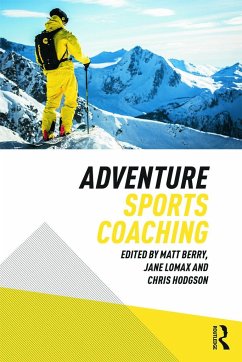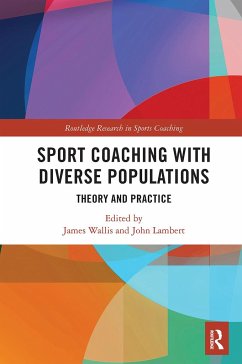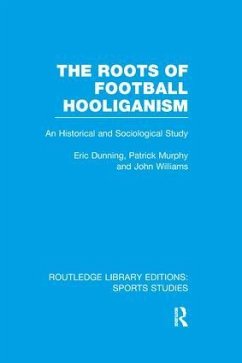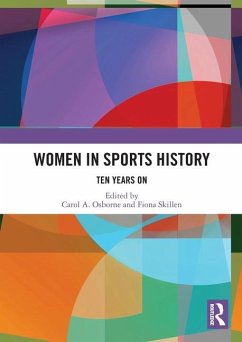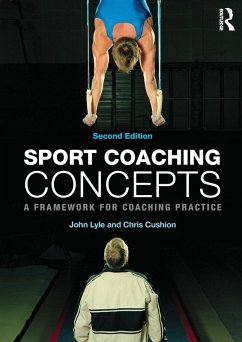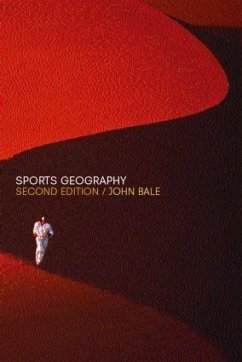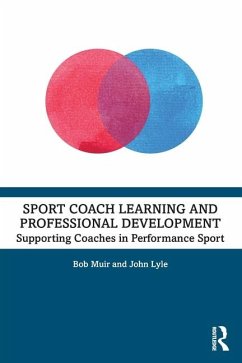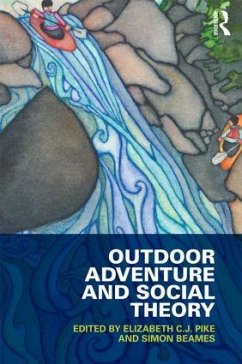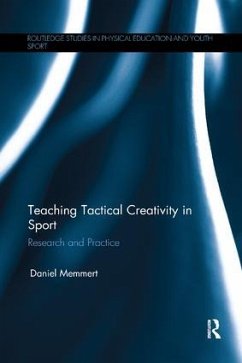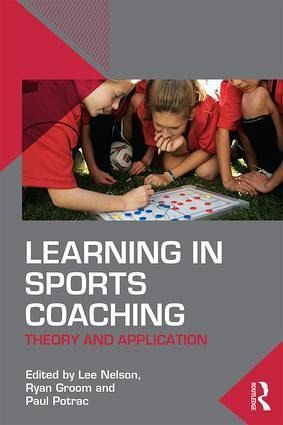
Learning in Sports Coaching
Theory and Application
Herausgegeben: Nelson, Lee; Groom, Ryan; Potrac, Paul
Versandkostenfrei!
Versandfertig in 6-10 Tagen
46,99 €
inkl. MwSt.
Weitere Ausgaben:

PAYBACK Punkte
23 °P sammeln!
The facilitation of learning is a central feature of coaches' and coach educators' work. Coaching students and practitioners are, as a result, being expected to give increasing levels of thought towards how they might help to develop the knowledge and practical skills of others. Learning in Sports Coaching provides a comprehensive introduction to a diverse range of classic, critical, and contemporary theories of learning, education, and social interaction and their potential application to sports coaching. Each chapter is broadly divided into two sections. The first section introduces a key th...
The facilitation of learning is a central feature of coaches' and coach educators' work. Coaching students and practitioners are, as a result, being expected to give increasing levels of thought towards how they might help to develop the knowledge and practical skills of others. Learning in Sports Coaching provides a comprehensive introduction to a diverse range of classic, critical, and contemporary theories of learning, education, and social interaction and their potential application to sports coaching. Each chapter is broadly divided into two sections. The first section introduces a key thinker and the fundamental tenets of his or her scholarly endeavours and theorising. The second considers how the theorist's work might influence how we understand and attempt to promote learning in coaching and coach education settings. By design this book seeks to promote theoretical connoisseurship and to encourage its readers to reflect critically on their beliefs about learning and its facilitation. This is an essential text for any pedagogical course taken as part of a degree programme in sports coaching or coach education.





